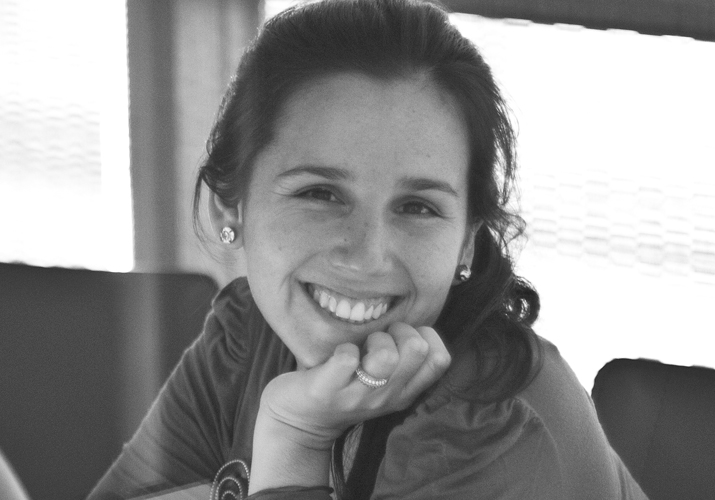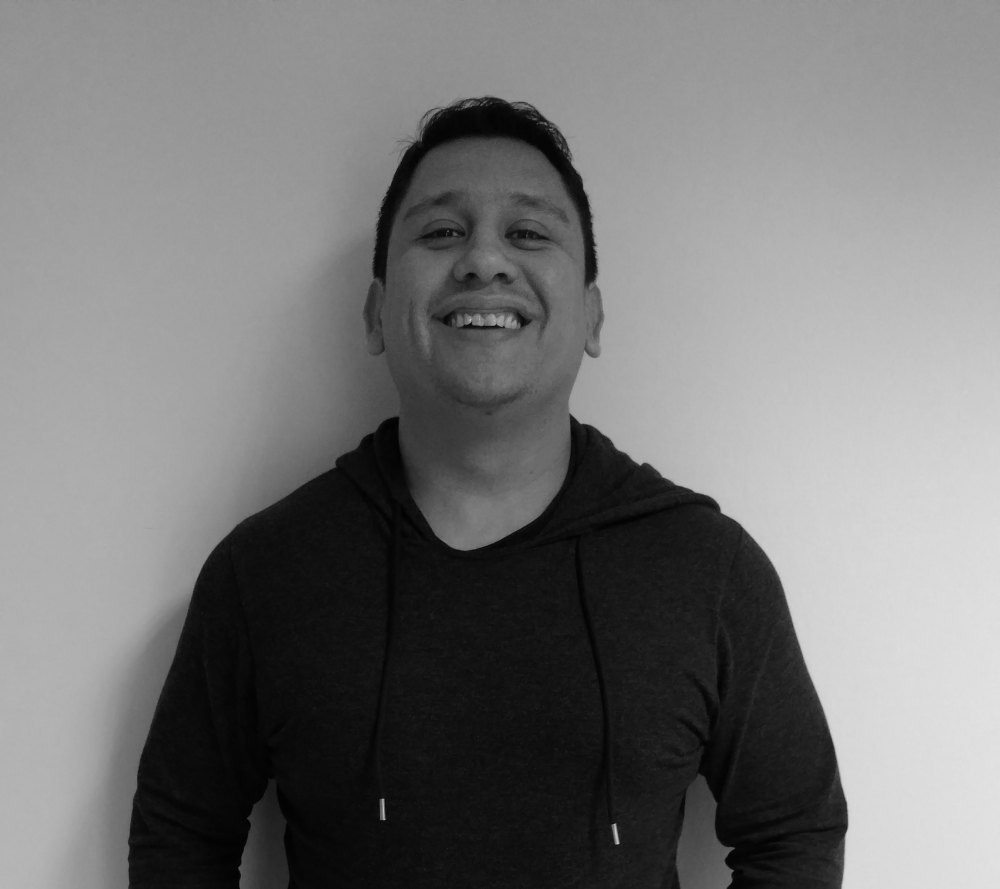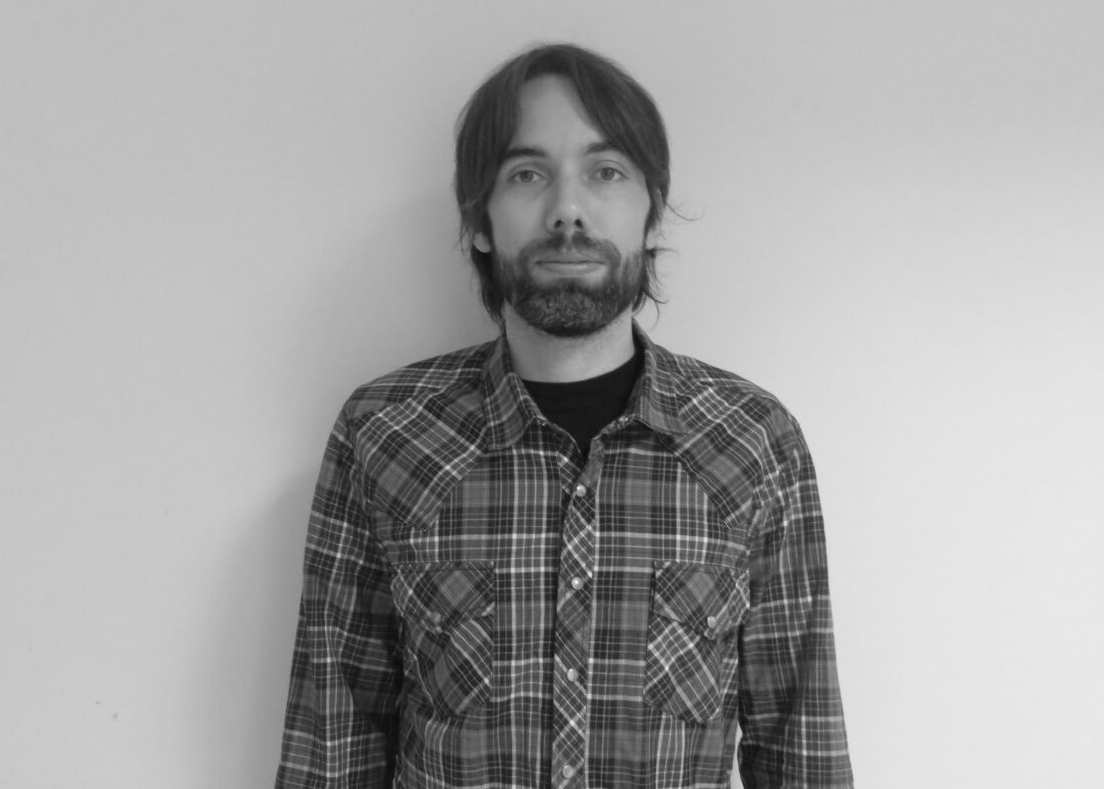When people think of pole dancing, they may not realize what a challenging sport it is. This is usually because they know very little about what it involves. Here, Pamela Linera tells us a bit more about what her favorite sport entails and how it benefits both mind and body.

How did you start pole dancing?
I started pole dancing 6 years ago. Growing up, I had never been an athletic person, mostly because sports bore me. At one point, I made the decision that I should exercise more and practice something, so I Google searched and pole dance caught my attention. I signed up for a trial class and have been hooked ever since!
What do you feel is the most important takeaway from pole dancing?
I love pole dancing because it makes you confront things on a very personal level. When you present or compete, you’re half naked wearing skimpy clothing, and you look in the mirror and have to accept yourself for how you are. The challenge begins the first time you try it. You feel ridiculous and insecure, but it’s something you have to work on and improve.
The moves require a lot of concentration, because you’re holding a specific position for an extended amount of time, and it can be painful. You have to find strength from different areas of your body to support yourself. At the same time, you’re trying to make this move look effortless and beautiful to the people who are watching you, and it’s almost like an act. You have to smile and pretend everything is ok!
Pole dancing is also challenging because of the risk involved. Complex moves take practice, and you’re body is always at risk of falling.
How do you get better at the sport?
I do a lot of cross training with different classes at my studio, Flow Studio. They offer classes on circus training, aerobics and dance, all of which help improve my technique and performance at the competitive level. I also use yoga to improve flexibility.
Practice really makes perfect. I train every morning at 6am and try to practice at home in my free time as well. What I love about pole dance is that you constantly strive to improve, and push yourself to the limit mentally and physically and try new things.
Tell us about the competitive aspect of pole dancing.
There are competitive shows and presentations. I participated in my first one last year, and I was so nervous! It’s all those feelings you have when you initially start the sport about insecurity, embarrassment, feeling self-conscious about your body… but in front of an audience! It went well in the end, but I hope to still improve. That’s where the addiction is – in perseverance and constantly trying to improve yourself.
What do you see for the future of pole dance?
Currently, they’re trying to implement stricter rules to get pole dancing to become an Olympic sport. Right now, there’s an Olympic sport that’s similar, which is Mastil from China. The goal is to implement more guidelines so routines are perceived as less sexy and more for the athletic challenge that they pose. I think it would be great to see it recognized by the Olympics.





